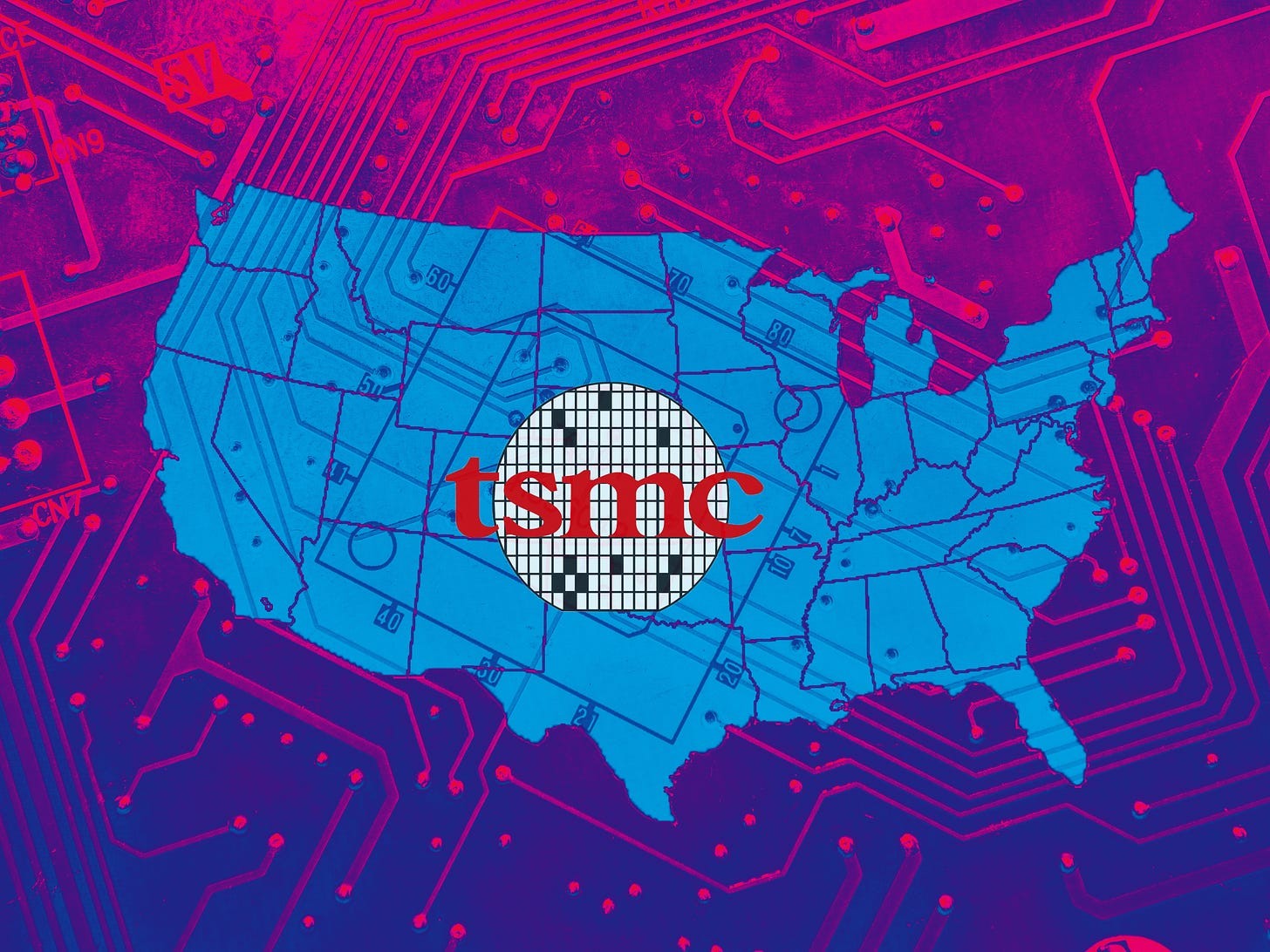
Taiwan Semiconductor Manufacturing Co (TSMC), the world's largest contract chipmaker, could face a massive fine exceeding $1 billion from the U.S. Commerce Department for unknowingly supplying chips that ended up in Huawei's AI processors.
The investigation centers on compute chiplets that TSMC manufactured for Chinese company Sophgo, which were later discovered in Huawei's Ascend 910-series AI processor. Huawei has been on the U.S. trade blacklist since 2020, making it illegal for companies using American technology to supply them without special permission.
The potential fine, which would be a record in the semiconductor industry, is calculated based on U.S. export rules allowing penalties of up to double the value of unauthorized transactions. For comparison, Seagate was fined $300 million in 2023 for shipping hard drives to Huawei.
According to industry analysts, TSMC produced nearly 3 million chips matching Sophgo's designs that likely reached Huawei through indirect channels. The incident has exposed how companies can potentially circumvent trade restrictions through third-party intermediaries.
TSMC has suspended shipments to Sophgo after the connection was revealed and is cooperating with the U.S. Commerce Department's investigation. The company maintains it has not directly supplied chips to Huawei since September 2020.
In response to the incident, TSMC has become more vigilant about potential export control violations. Earlier this year, the company terminated its relationship with Singapore-based PowerAIR following internal concerns about possible export control breaches.
The case highlights the challenges semiconductor manufacturers face in determining the true end-users of their products, especially when dealing with complex supply chains and companies potentially acting as fronts for blacklisted entities.
No official action has been taken yet against TSMC. If the Commerce Department proceeds, they will typically issue a proposed charging letter detailing violations and fine calculations, giving TSMC 30 days to respond.